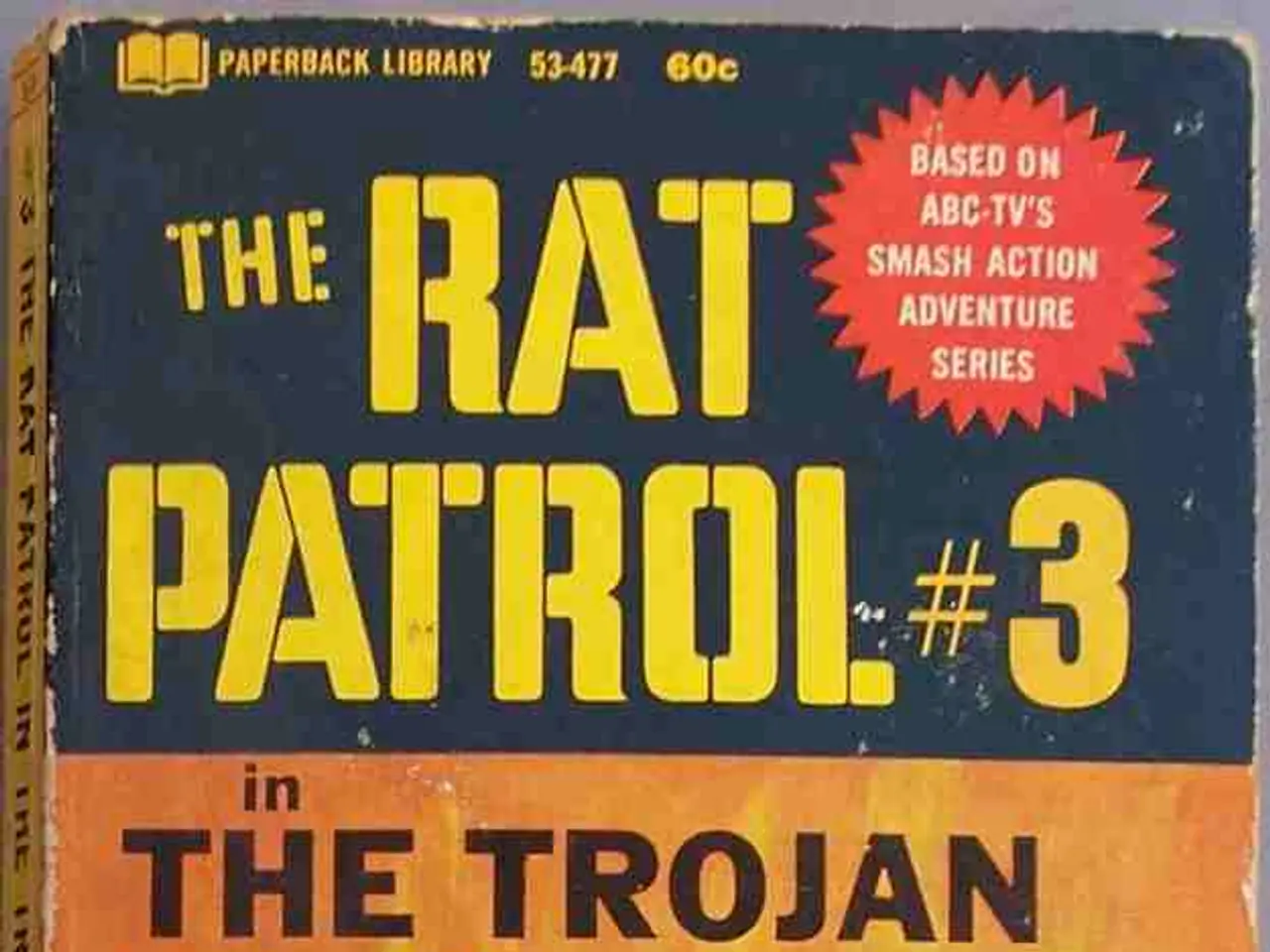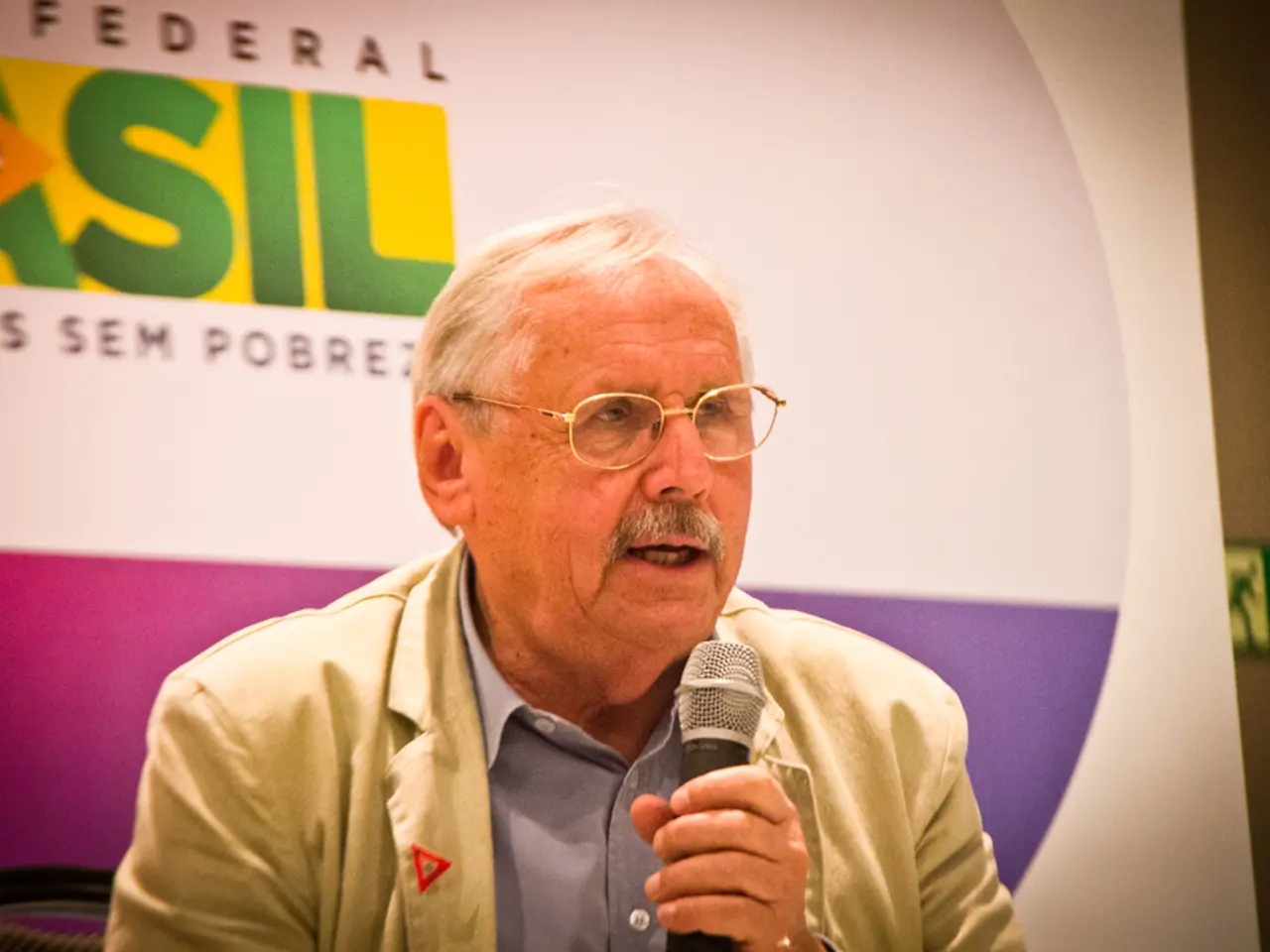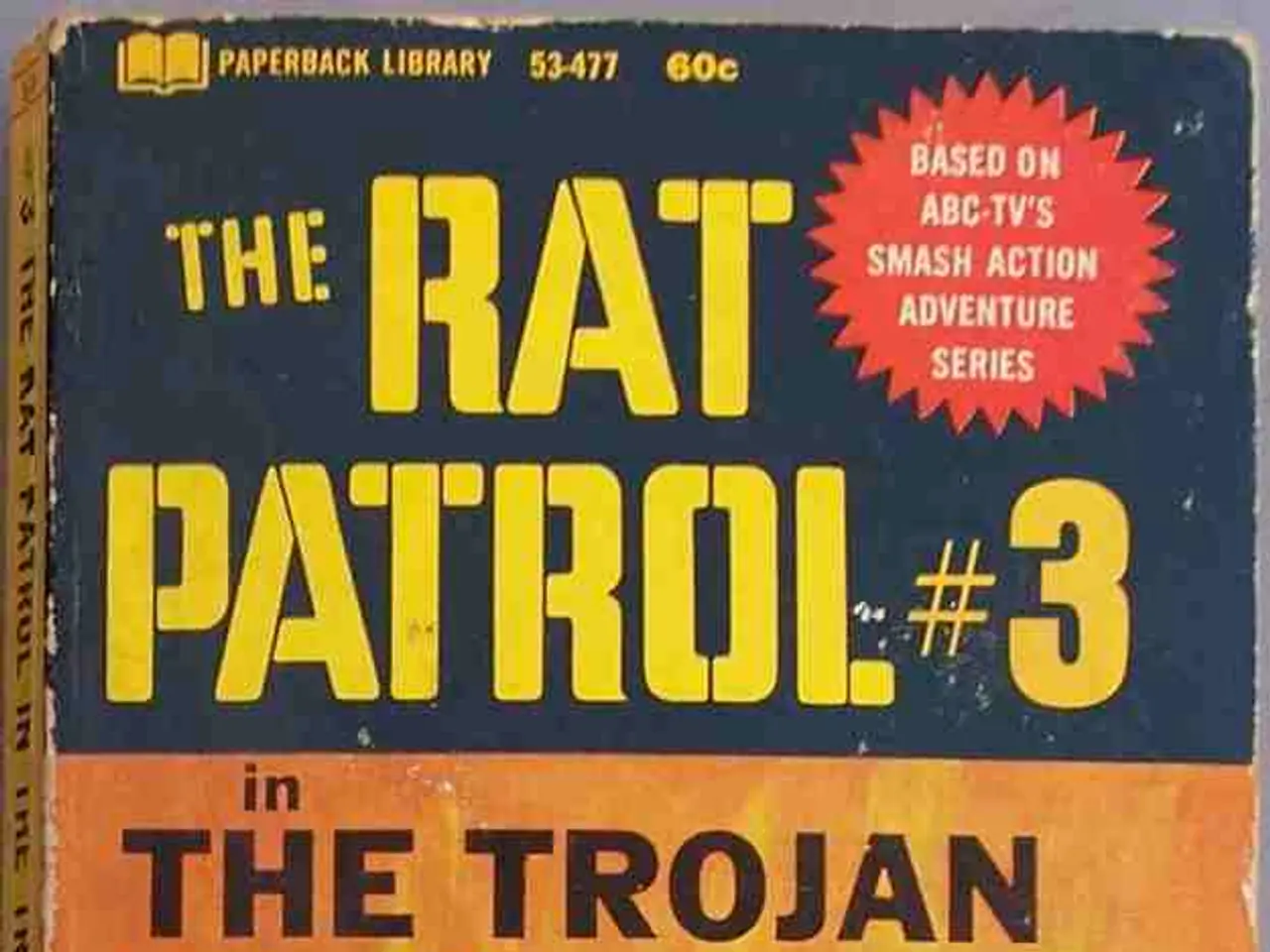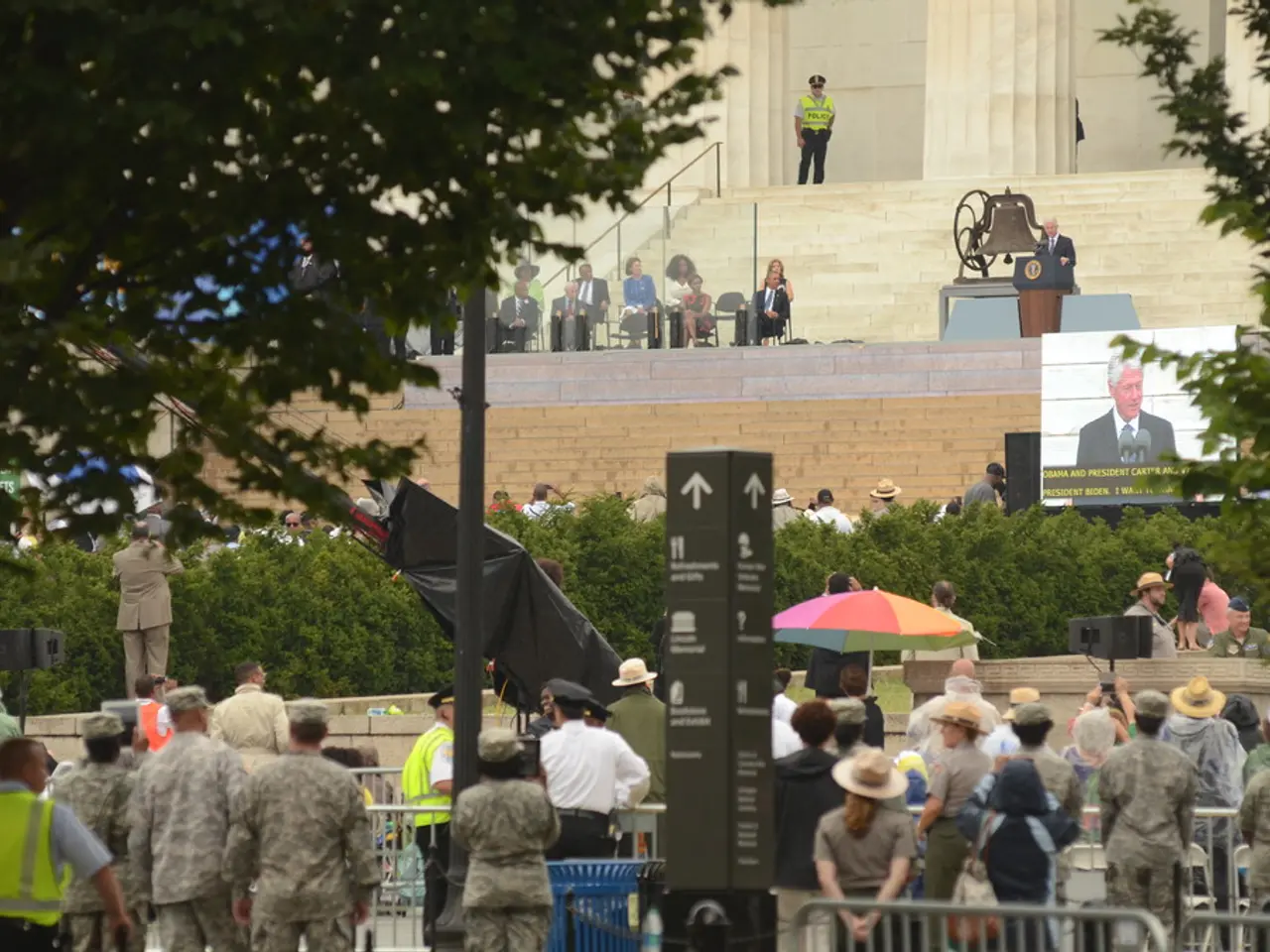Conflict in Gaza Leave Over 500 Dead During Food Aid Distribution Since Late May
In the embattled Gaza Strip, the distribution of humanitarian aid by the Gaza Humanitarian Foundation (GHF) has resulted in a grim toll of civilian casualties. Since the foundation began its operations on May 26, 2025, over 600 Palestinians have been killed and more than 4,200 injured as they sought aid at the distribution sites.
The GHF, an evangelical Christian foundation with ties to President Donald Trump, uses armed contractors to secure its centers. This militarised approach to aid distribution has been a contentious issue, with human rights organisations, the United Nations, and over 170 charity groups accusing the GHF of violating humanitarian norms.
The chaotic scenes that have unfolded during the GHF distributions have led to a deadly mix of gunfire, violence, and desperation. Responsibility for these civilian deaths lies with contractors hired by the GHF, armed gangs, Israeli forces, and private security contractors involved in the aid distribution scheme.
Independent inquiries have been called for due to widespread allegations of violations of humanitarian law, possible war crimes, and the deliberate imposition of life-threatening conditions on civilians. The international community and aid organisations demand the immediate closure of the GHF's militarised aid system to prevent further civilian casualties and suffering.
The United Nations Office of the High Commissioner for Human Rights and Amnesty International have condemned the humanitarian crisis exacerbated by the militarised and restricted aid system. Amnesty International described Israel's aid distribution system as part of a genocidal strategy by using starvation as a weapon of war, with testimonies documenting acute starvation and desperation among Gazans.
Media reports reveal that Israel Defense Forces were ordered to fire on unarmed crowds to keep them away from food distribution centers. American security contractors reportedly fired live ammunition and used stun grenades on Palestinians seeking aid. Médecins Sans Frontières (Doctors Without Borders) reported a massive increase in patients with gunshot wounds near these sites and called the GHF's distribution system a "death trap".
The GHF's denial of any violent incidents near or immediately nearby its four distribution sites has been met with scepticism. Ravina Shamdasani, spokeswoman for the UN Human Rights Office, called for an independent inquiry into the responsible parties for the deaths during aid distribution.
The GHF distributions did not alleviate the complete shortage of essential goods in Gaza. The blockade imposed by Israel on Palestinian territory in March has resulted in severe shortages of food, medicine, and other essential goods. The blockade was partially eased when the GHF began its distributions.
The UN and major aid organisations refused to work with GHF, stating it serves Israeli military objectives and violates basic humanitarian principles. Johnnie Moore, president of GHF, has yet to comment on these accusations.
This complex situation involves intersecting military, humanitarian, and legal issues, with grave consequences for the civilian population in Gaza seeking desperately needed aid. The death toll from the start of the GHF foundation's operations extends to June 27.
[1] Human Rights Watch [2] Amnesty International [3] Médecins Sans Frontières [4] Center for Constitutional Rights
- The controversial aid distribution system run by the Gaza Humanitarian Foundation (GHF) has been heavily criticized by various entities, including Human Rights Watch, Amnesty International, Médecins Sans Frontières, and the Center for Constitutional Rights, for its use of armed contractors and alleged violations of humanitarian norms.
- The deadly toll during the GHF's aid distribution in the Gaza Strip extends beyond the realm of humanitarian efforts, with political implications arising from the involvement of war-and-conflicts-related actors and the general-news value stemming from the complex interplay of military, humanitarian, and legal issues.








